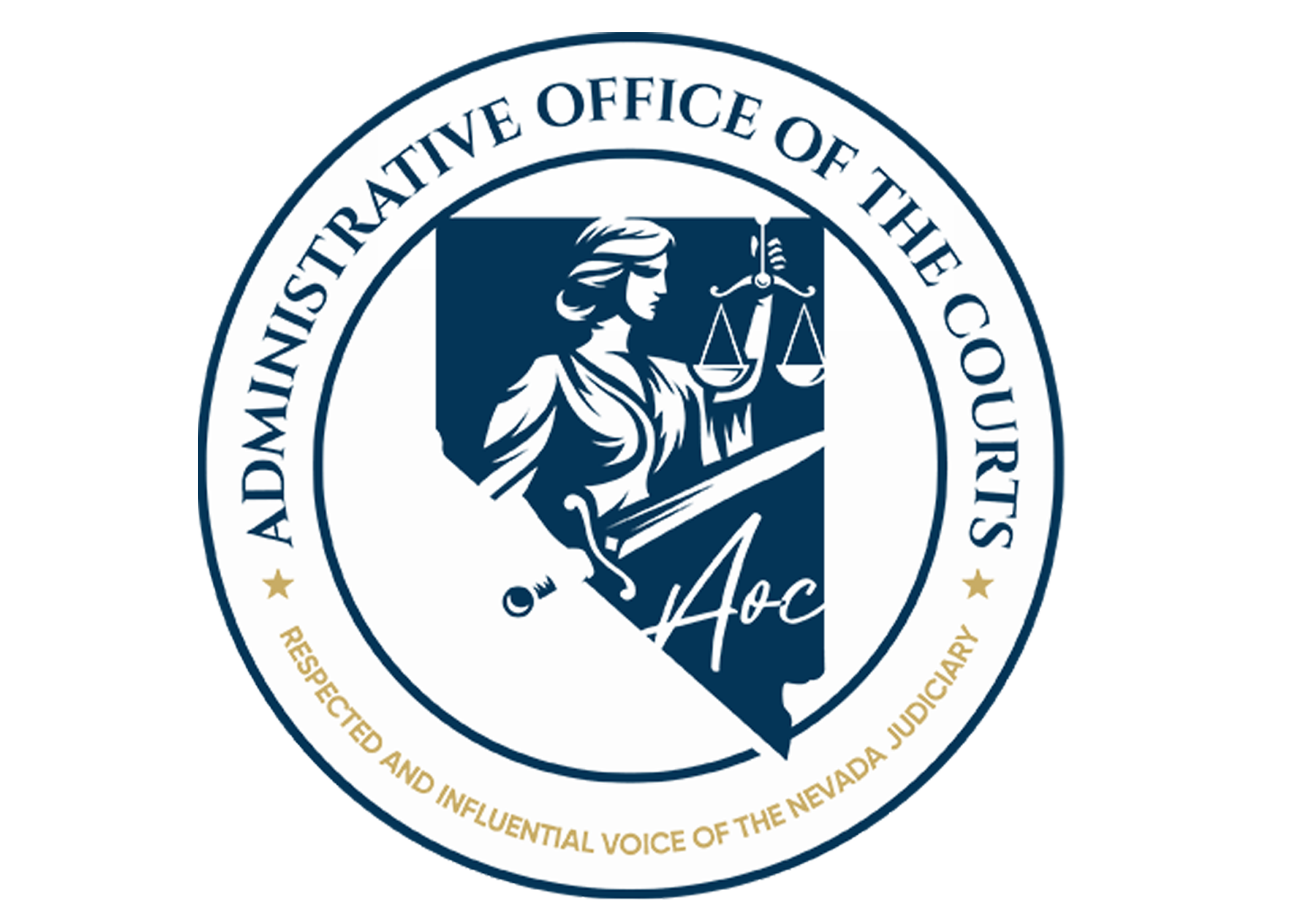Apply for a Job
Chief District Judge Alvin R. Kacin of the Fourth Judicial District Court of the State of Nevada is currently recruiting for a full-time law clerk to assist him at his chambers in Elko, Nevada. The Fourth Judicial District Court is a general jurisdiction court based in Elko County, Nevada consisting of three judicial departments. The successful applicant would be expected to begin his or her employment on approximately February 1, 2026. To apply, visit https://bit.ly/3LjM1Wu.
Appellate Clerkships
Appellate clerkships provide law school graduates with a valuable and unique opportunity to work closely with Justices or Judges at the highest level of the judicial system. Clerkships in the Supreme Court or Court of Appeals offer an exceptional learning experience and exposure to the intricacies of appellate law.
Here are a few reasons why appellate clerkships are considered highly sought-after and beneficial for law school graduates:
- In-depth legal research and writing: Clerks assist Justices or Judges in researching legal issues, drafting opinions, and analyzing complex legal arguments. This experience enhances their skills in legal research, writing, and analysis.
- Exposure to appellate proceedings: Clerks have the opportunity to observe appellate proceedings, including oral arguments and case deliberations. This exposure provides a unique insight into the appellate process and the workings of the court.
- Mentorship and networking: Clerks work closely with Justices or Judges, receiving guidance and mentorship from experienced legal professionals. This relationship can be invaluable for future career opportunities and professional networking.
- Prestige and reputation: Appellate clerkships are highly regarded within the legal community. The experience gained and the association with esteemed Justices or Judges can enhance a law school graduate's credentials and open doors to future career prospects.
- Professional growth: The rigorous nature of appellate work challenges clerks to develop critical thinking, legal analysis, and writing skills. This experience helps in honing their abilities and preparing them for future legal endeavors.
Our clerkships are paid and generally last a year to two years depending on individual Justice or Judge preference. Bar licensure is not required. We have immediate and upcoming opportunities available in both Carson City and Las Vegas.
The Appellate Courts of Nevada are committed to equal employment opportunity in recruitment of its employees and does not discriminate on the basis of race, color, national origin, religion or belief, age, disability, sex, sexual orientation, gender identity or expression, pregnancy, domestic partnership, genetic information (GINA), or compensation and/or wages. In addition to federal law requirements, the Supreme Court, Court of Appeals, and Administrative Office of the Courts complies with applicable state and local laws governing nondiscrimination in employment in every location in which the judicial branch has facilities. This policy applies to all terms and conditions of employment, including recruiting, hiring, placement, promotion, termination, layoff, recall, transfer, leaves of absence, compensation and training.
The Supreme Court, Administrative Office of the Courts, expressly prohibits any form of workplace harassment based on race, color, religion, gender, sexual orientation, gender identity or expression, national origin, age, genetic information, disability, or veteran status. This includes maintaining a work environment free from discrimination, including sexual harassment, for all employees. The Supreme Court, Administrative Office of the Courts, is committed to maintaining a positive work environment ensuring all employees are treated with dignity, respect, and courtesy.

